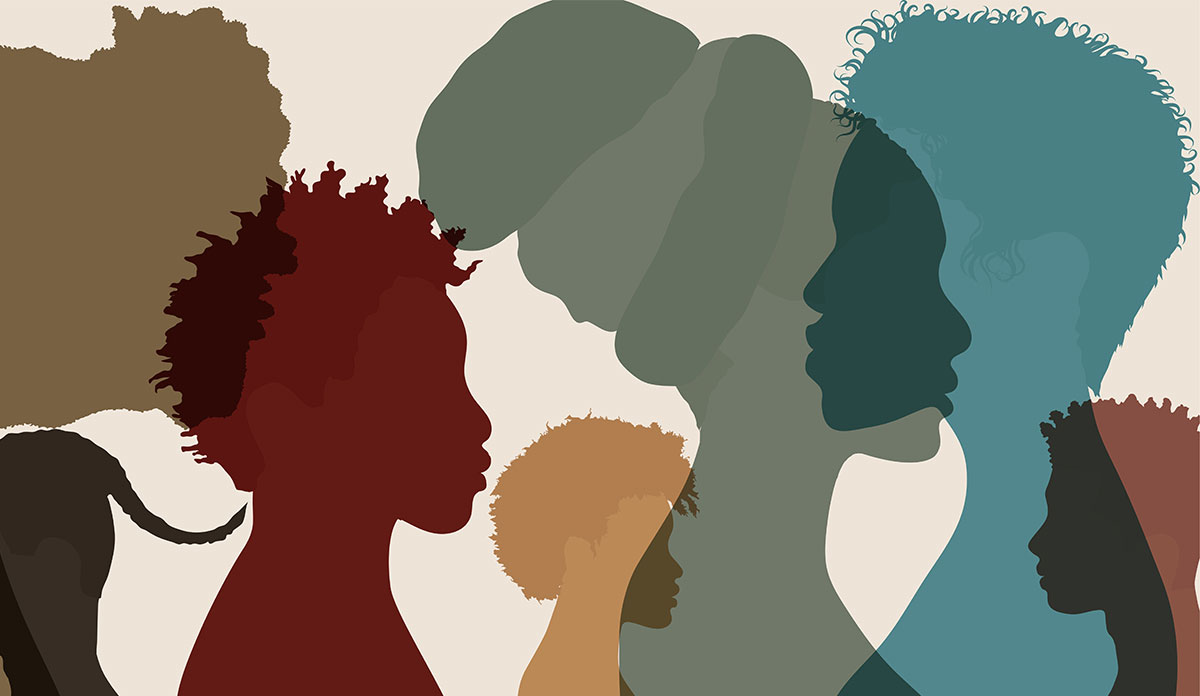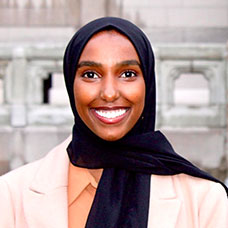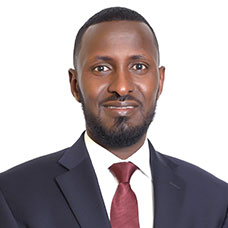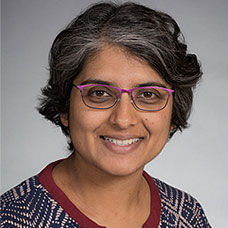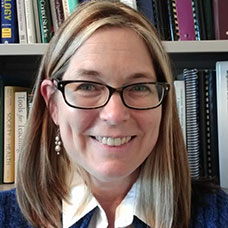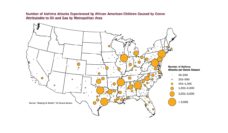As most African immigrant groups are classified as “Black,” little information regarding their specific preventative health care needs is available. According to the limited research, African immigrants in the U.S. have lower uptake of preventative health services than people born here. This means many African immigrants are not receiving vaccinations, cancer screening, HIV testing, and much more. As a result, these communities are disproportionately affected by delayed diagnosis of a variety of health conditions, including some cancers, HIV, and hepatitis B. Differences in culture, life and health care experiences likely influence decisions to seek health services.
We talked with community members, leaders, and health professionals in King County, WA to understand African immigrants’ attitudes about seeking preventative health care services. Our University of Washington (UW) team collaborated with the Somali, Ethiopian, and Eritrean health boards in King County, WA to design and implement this community-based participatory research project. This partnership, also known as Harambee!, arose from our ongoing work to address barriers to HIV testing faced by local African immigrant communities. (Harambee is a Kiswahili word that calls community members to work together.)
During the first phase our Harambee! work, we conducted a mixed methods, research-service project where we held mini health fairs in residential complexes with a high concentration of African immigrant residents. We offered attendees point-of-care screenings for a variety of health conditions, including HIV, hypertension, diabetes, cholesterol, and obesity. We achieved a more than 50% uptake of HIV testing at these “mini” health fairs, but our qualitative study and interactions with community partners revealed that we needed to prioritize HIV-related stigma reduction first. Thus, for the second phase of our work, Harambee! 2.0, we conducted formative work using qualitative study methods in order to gain a better understanding of both HIV-related and intersectional stigma.
We recruited 72 religious leaders, community leaders, health professionals, and lay community members to participate in thirty key informant interviews and five focus group discussion. We asked participants open-ended questions about: 1) their interactions with the U.S. healthcare system; 2) perceived barriers to health screenings; 3) stigma around health screenings, including for HIV testing; 4) intersectional stigma; and 5) how to reduce stigma around health screenings, including HIV testing.
We identified a number of factors that shape attitudes of Somali, Ethiopian and Eritrean immigrant communities and deter them from seeking preventative care. Overall, four major themes emerged: (1) cultural beliefs and attitudes shaping community views of health care, (2) religious beliefs/views on manifestation of illness (3) immigrant shared experiences, and (4) structural barriers related to health systems.
The theme of cultural beliefs and attitudes included several sub-themes: physical manifestations of illness, fear of being ill, and fear of western medicine.
The theme of cultural beliefs and attitudes included several sub-themes: physical manifestations of illness, fear of being ill, and fear of western medicine. For example, many participants noted that health care seeking happens only when illness interferes with day-to-day activities. Religious views on illness included belief in predestination, that God has already decided one’s fate, and that health status can be ascribed to religious efforts and God.
The shared-immigrant-experiences theme included three common perspectives: preventative care as a low priority, limited access to health care in home countries, and intergenerational differences in seeking care. Community members described juggling multiple competing priorities such as working to provide for family, learning a new language, and navigating a new life in the U.S.
In regard to society-level barriers to health care, study respondents described experiences including structural racism, lack of African immigrant representation in health care, and lack of culturally and linguistically appropriate resources.
We discovered various cultural and religious beliefs that impact how some African immigrant communities in the United States approach preventative health. Addressing these norms and beliefs will be crucial in increasing preventative care uptake for these groups. In our future work, with Harambee! 3.0, we hope to incorporate messaging around preventative health care into an HIV stigma reduction intervention led by religious and other community leaders in the King County Somali, Ethiopian, and Eritrean communities. The goal of our next project, Harambee! 3.0, will be to improve overall community health by increasing uptake of health screenings and vaccinations in these three communities.
We gratefully acknowledge our co-authors on the manuscript: Najma Sheikh, Guiomar Basualdo, Nahom A Daniel, Rahel Schwartz, Beyene Tewelde Gebreselassie, Yikealo K Beyene, Luwam Gabreselassie, Kifleyesus Bayru, Bethel Tadesse, Hirut Amsalu Libneh, Mohamed Shidane, Sophia Benalfew, Ahmed Ali, and Deepa Rao.
Photo via Getty Images









